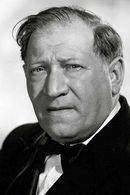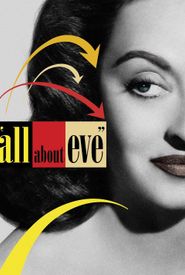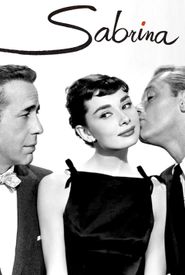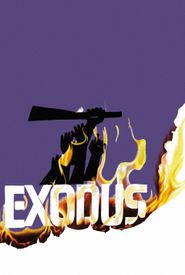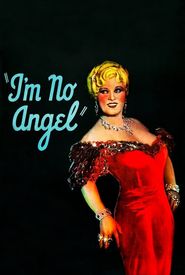Gregory Ratoff, a multi-talented individual, was born on April 20, 1897, in Samara, Russia, and later studied at the University of St. Petersburg. Initially, he pursued a career in law, but his service in the Czar's army during World War I interrupted his studies. After the war, he joined the Moscow Art Theatre, where he gained recognition for his acting skills.
However, the Bolshevik revolution forced Ratoff to flee his homeland, and he eventually settled in France. While performing in the Paris production of "Russe Revue" in 1922, he caught the attention of impresario Lee Shubert, who brought him to Broadway. Ratoff decided to stay in the United States and continued to work in the entertainment industry.
During his time in the United States, Ratoff married Russian actress Eugenie Leontovich, whom he met while performing in the same revue. The couple got married a year later. Ratoff's acting career flourished, and he became known for his eccentric, harried, and villainous roles due to his heavy accent, mangling of the English language, and robust features.
As a film director, Ratoff made a name for himself with classics such as "Intermezzo" (1939),which introduced Ingrid Bergman to American audiences, and "The Corsican Brothers" (1941). He also directed "What Price Hollywood?" (1932) and "All About Eve" (1950),featuring Bette Davis.
Ratoff's versatility extended to producing, and he produced films like "Abdullah's Harem" (1955),in which he also starred as a Middle Eastern monarch. Despite the film's failure, Ratoff continued to work in the industry, directing "Oscar Wilde" (1960) and appearing in "Exodus" (1960),the same year he died of leukemia.
Throughout his career, Ratoff was often typecast as an eccentric, foreigner, and producer, with notable roles in films like "I'm No Angel" (1933),"Sally, Irene and Mary" (1938),and "The Great Profile" (1940). Despite the limitations of his roles, Ratoff left a lasting impact on the film industry, and his legacy continues to be celebrated.
